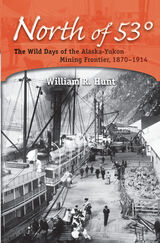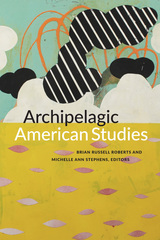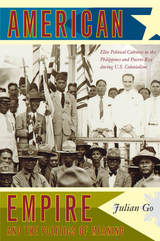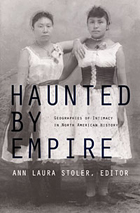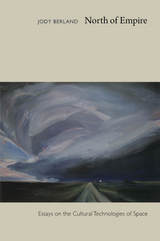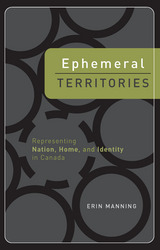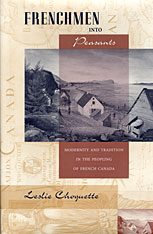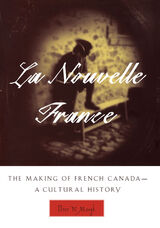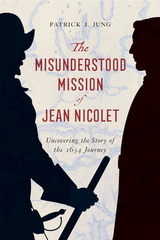Ephemeral Territories: Representing Nation, Home, and Identity in Canada
University of Minnesota Press, 2003
Cloth: 978-0-8166-3924-3 | Paper: 978-0-8166-3925-0
Library of Congress Classification F1021.2.M36 2003
Dewey Decimal Classification 305.800971
Cloth: 978-0-8166-3924-3 | Paper: 978-0-8166-3925-0
Library of Congress Classification F1021.2.M36 2003
Dewey Decimal Classification 305.800971
ABOUT THIS BOOK
ABOUT THIS BOOK
Explores questions of identity and belonging through the lens of Canadian cultural production.
What does it mean to be at home? In a critical engagement with notions of territory, identity, racial difference, separatism, multiculturalism, and homelessness, this book delves into the question of what it means to belong-in particular, what it means to be at home in Canada. Ephemeral Territories weaves together many narratives and representations of Canadian identity-from political philosophy and cultural theory to art and films such as Srinivas Krishna's Lulu, Clement Virgo's Rude, and Charles Biname's Eldorado-to develop and complicate familiar views of identity and selfhood.
Canadian identity has historically been linked to a dual notion of culture traceable to the French and English strains of Canada's colonial past. Erin Manning subverts this binary through readings that shift our attention from nationalist constructions of identity and territory to a more radical and pluralizing understanding of the political. As she brings together issues specific to Canada (such as Quebec separatism and Canadian landscape painting) and concerns that are more transnational (such as globalization and immigration), Manning emphasizes the truly cross-cultural nature of the problems of racism, gender discrimination, and homelessness. Thus this impassioned reading of Canadian texts also makes an important contribution to philosophical, cultural, and political discourses across the globe.
"Eloquent and very well written, Ephemeral Territories is on the cutting edge of engagement with political theory." --Simon Dalby
Erin Manning teaches in the Department of Communications and Art History at McGill University.
What does it mean to be at home? In a critical engagement with notions of territory, identity, racial difference, separatism, multiculturalism, and homelessness, this book delves into the question of what it means to belong-in particular, what it means to be at home in Canada. Ephemeral Territories weaves together many narratives and representations of Canadian identity-from political philosophy and cultural theory to art and films such as Srinivas Krishna's Lulu, Clement Virgo's Rude, and Charles Biname's Eldorado-to develop and complicate familiar views of identity and selfhood.
Canadian identity has historically been linked to a dual notion of culture traceable to the French and English strains of Canada's colonial past. Erin Manning subverts this binary through readings that shift our attention from nationalist constructions of identity and territory to a more radical and pluralizing understanding of the political. As she brings together issues specific to Canada (such as Quebec separatism and Canadian landscape painting) and concerns that are more transnational (such as globalization and immigration), Manning emphasizes the truly cross-cultural nature of the problems of racism, gender discrimination, and homelessness. Thus this impassioned reading of Canadian texts also makes an important contribution to philosophical, cultural, and political discourses across the globe.
"Eloquent and very well written, Ephemeral Territories is on the cutting edge of engagement with political theory." --Simon Dalby
Erin Manning teaches in the Department of Communications and Art History at McGill University.
See other books on: 1980- | Discourse analysis | Home | Nationalism & Patriotism | Regionalism
See other titles from University of Minnesota Press







